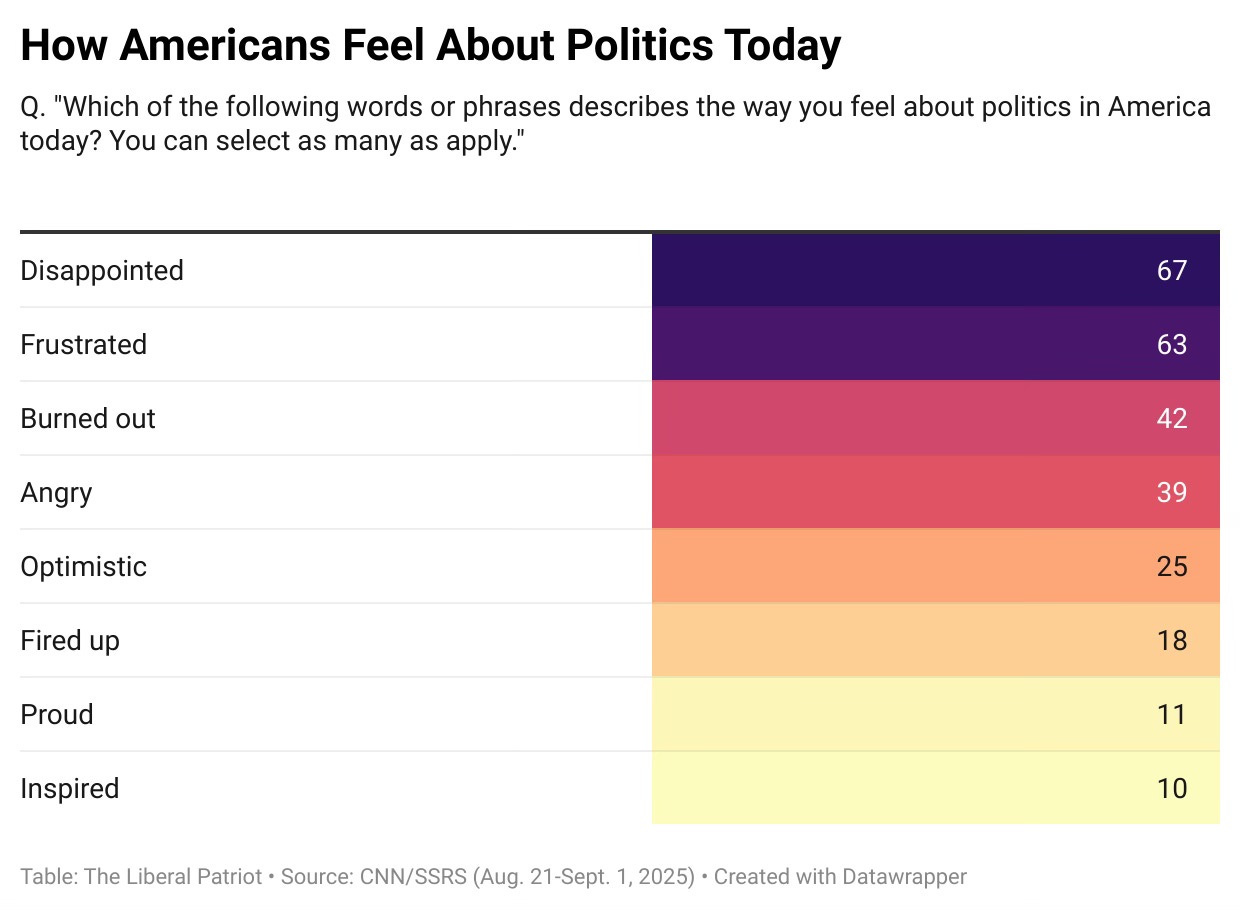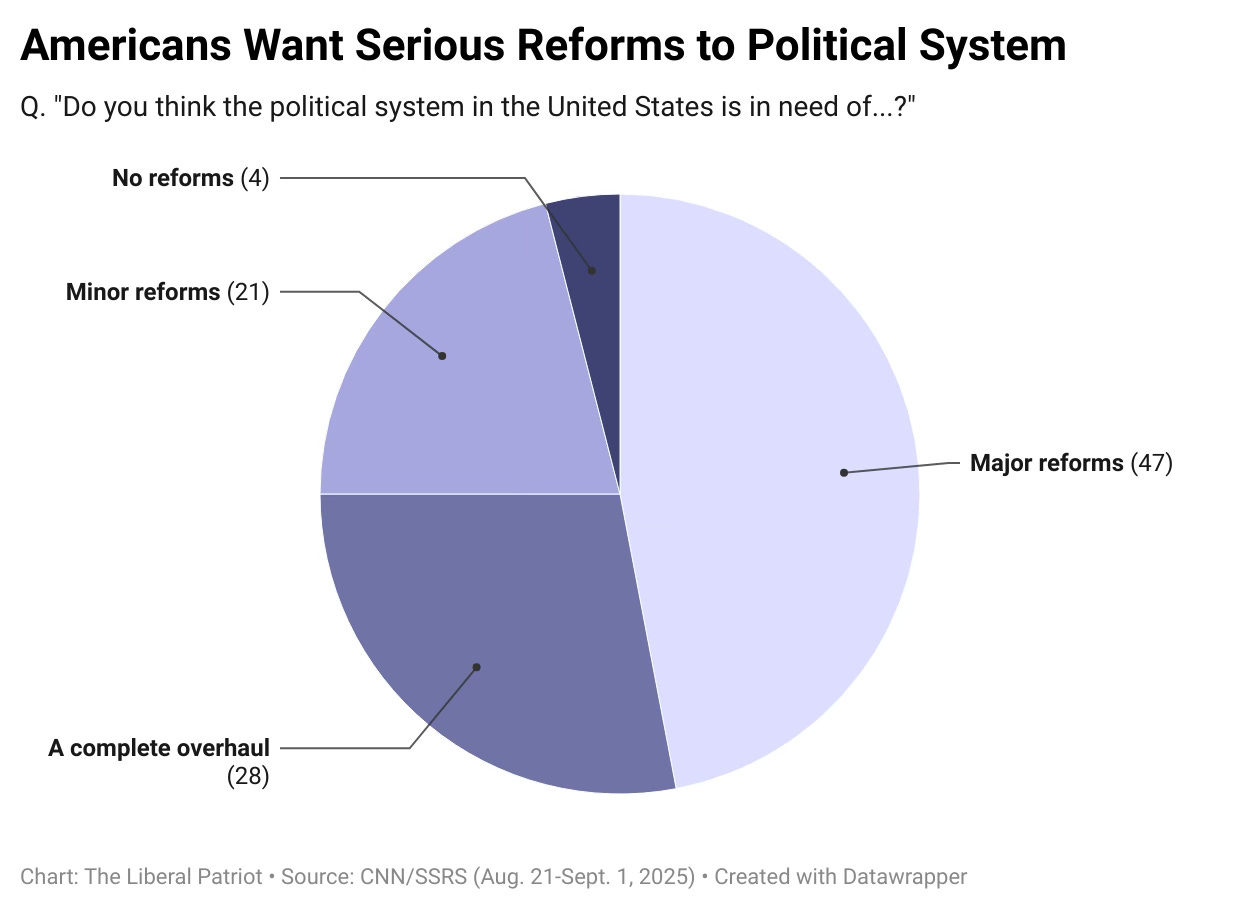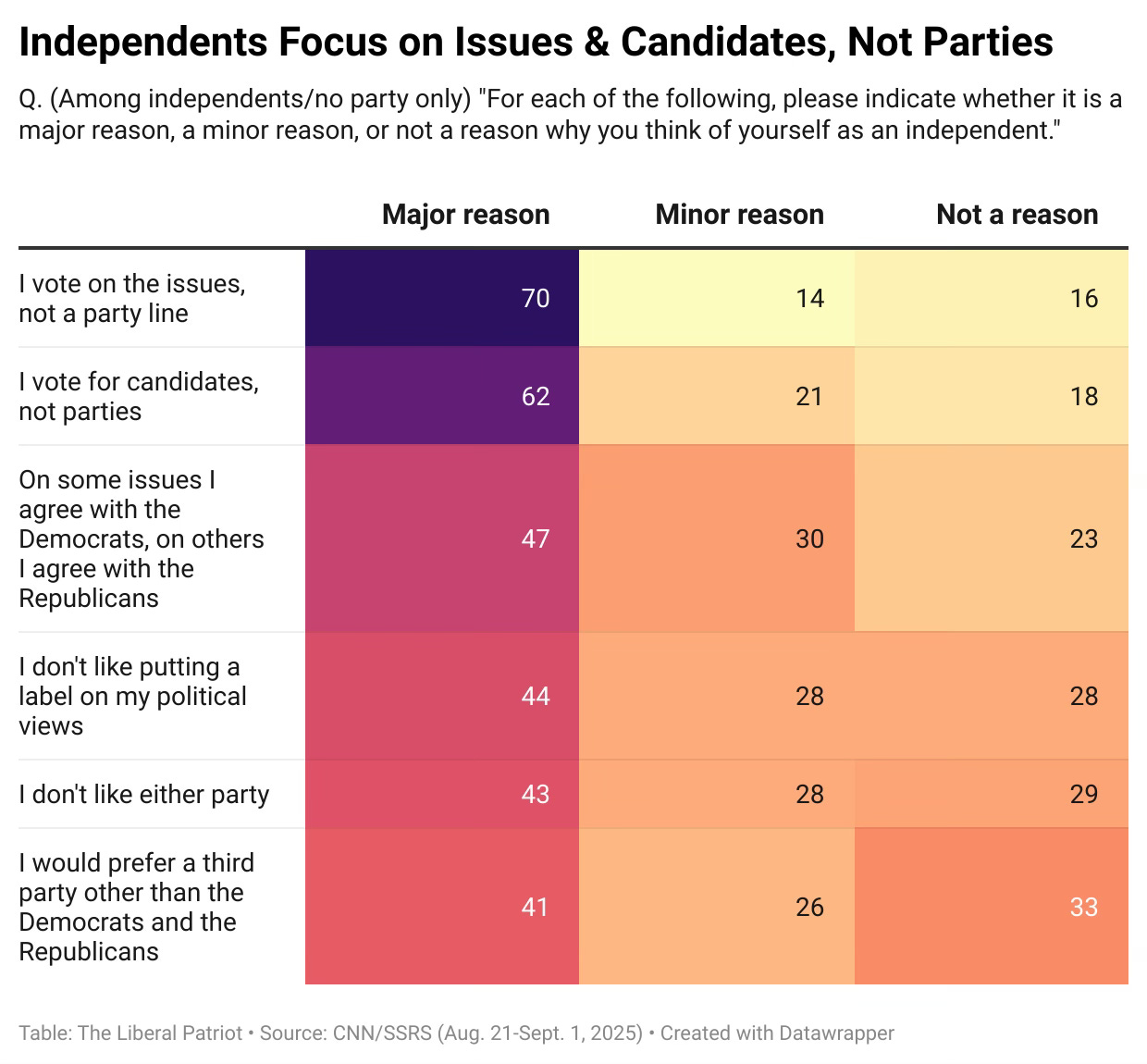America is the land of freedom and choice. As part of our unalienable rights to life, liberty, and the pursuit of happiness, “live and let live” has been a guiding national principle throughout our history. Americans may bicker and fight endlessly, mostly about politics, but we get along just fine when everyone agrees to stay the hell out of everyone else’s business. It’s a darn good model that has served us well. Americans in earlier generations sacrificed tremendously to defend and uphold these values so that most of us today might enjoy relative peace, prosperity, and a wealth of opportunities that weren’t available in their day.
We shouldn’t squander this inheritance.
Fortunately, despite the worst efforts of our current political leaders, Americans are still free to be who they want, believe what they want, say and do what they want, and pursue their interests in whatever manner they see fit. Our capitalist system props up every niche lifestyle, belief structure, and consumer demand one can imagine. Modern technology and media platforms support millions of individual voices and organic communities of people focused on everything from religion, science, history, and ideas to medicine, wellness, self-help, and DIY to popular culture, sports, gaming, food, and travel.
Yet somehow, somehow, even with our national principles and a world of unbridled economic and individual freedom, America still only offers people two viable political parties to choose from every election. You get Democrats or Republicans. That’s it! Chicken or beef. Peas or carrots. Vanilla or chocolate. If you don’t like the choices, don’t eat.
It wasn’t always this way. The Founding Fathers who set up the American system mostly distrusted political parties, viewing them as factional forces that undermined republican virtue, self-governance, and a patriotic commitment to the national interest. Likewise, many of the earliest political parties fell apart over major issues or shifts in regional coalitions. But pretty much since the middle of the nineteenth century, we’ve been stuck with Democrats and Republicans as the two largest parties with occasional third-party outbursts (most famously in the election of 1912, when Democrat Woodrow Wilson won an Electoral College landslide with only 42 percent of the vote, Teddy Roosevelt’s Progressive Party out-polled his old Republican Party 27 percent to 23 percent, and Eugene Debs’s Socialists got 6 percent of the national vote).
The two parties have served the country well at times, in their respective ways, and could continue to do so (maybe not this week). But given the dynamics of contemporary politics, this seems increasingly unlikely as Democrats and Republicans retreat into trench warfare, executive overreach, and a constant cycle of partisan retribution and abuse of power as government control shifts back and forth.
The two parties, of course, mastered the art of self-preservation through legal and extra-legal means that precluded other parties from gaining strength by rigging election laws and administration to their own benefit, restricting ballot access, and using outside money to crush dissent and close off alternative options. Yet, even with this heavy hand, it’s a miracle, really, that the two-party system in modern times hasn’t broken down given attitudinal changes. An increasing number of Americans today despise the two parties with the burning heat of a hundred suns. Other Americans, with less vitriol but an equal desire for more choices in politics, are onto the games of Ds and Rs and are figuring out ways to get around the limitations imposed on their political freedom.
For example, the most recent CNN/SSRS polling shows the depth of Americans’ displeasure with two-party politics. As the table below highlights, the top four emotions that Americans currently use to describe the way they feel about politics today are “disappointed,” “frustrated,” “burned out,” and “angry.” A scant one in ten U.S. adults say they feel “proud” or “inspired” by America’s politics.
These negative attitudes toward politics overall translate into widespread support for reform. Three-quarters of Americans say that the political system in the United States needs either “a complete overhaul” (28 percent) or “major reforms” (47 percent), while only around one quarter of adults feel the system requires minor reforms or no reforms at all.
Not surprisingly given these results, 44 percent of adults in the CNN/SSRS polling currently self-identify as independent compared to 28 percent who identify as Republican and 27 percent who identify as Democrat. As the table below shows, among those Americans who are independents, the top two major reasons given for why they think of themselves this way are that they vote “on the issues” or “for candidates” rather than for party lines. These two reasons stand above a cluster of other major causes for their independence, such as agreeing with some things from both parties, not liking labels, disliking both parties, or preferring a third-party option.
Absent any real movement on electoral or other political reforms, primarily due to the intransigence and unchallenged control of the two parties over state and federal election law, independent Americans will have to take matters into their own hands. Here are three options:
Declare yourself independent and support independent candidates. The two-party system certainly makes it hard for outsiders to get on the ballot, raise their profile, secure funds for campaigning, and get a hearing as Democrats and Republicans swamp voters with their propaganda. And obviously many states won’t allow unaffiliated voters to participate in primary elections. But it’s not impossible to run as an independent or to support independent politics, particularly at the state and local levels, where independence is more likely to thrive. So, if you wish, declare yourself independent and support those who do the same by offering them time, money, and your vote if you support their effort. (There are ways to be rational as an independent within the confines of the two-party system as well. If there’s an important primary coming up that you care about but can’t participate in as an unaffiliated voter, switch your party registration temporarily to one side or the other and then switch back. Or, if there’s a big presidential election coming up and third-party or independent voting feels like a waste, vote strategically based on the issues or candidates that you care most about and then go back to doing independent work.)
Support electoral reforms and truly independent legislative caucuses. Nothing significant is ever going to change with the two-party system unless and until voters demand real electoral law reforms, such as the creation of nonpartisan primaries or proportional representation for legislatures. Since the two major parties dominate the states and Congress, this will require one or both parties simultaneously agreeing to change these laws and respect voters’ desires for more choice—a tall order for sure. Absent these changes, voters can back a range of heterodox independents—some populist or left, some centrist, some center-right or conservative—who could form a core swing group in state legislatures and Congress. For example, the margins are so tight now between the two parties in the House that a small cohort of independents could theoretically determine who controls the chamber, how the rules are structured, what priorities get considered, and what legislation gets passed. With dozens of these independents across both chambers, politics would be transformed. Although difficult to pull off given two-party dominance, this could happen without any electoral reforms if more Americans decided to vote for and elect truly independent representatives.
Be yourself and not a partisan. If you’re economically populist and socially conservative and don’t see this represented in the two-party system, be yourself and support independent candidates who back a pro-worker, pro-family, pro-America agenda. Alternatively, if you really care about a specific economic or social issue and don’t feel that either Democrats or Republicans equally care about the issue, then be yourself and support those who do back the issue regardless of their party label. Some of these candidates may be Republican, some Democratic, and others may be independent. Make them work for your vote! Don’t be a partisan and blindly accept every position and argument on one side and reject those on the other. Don’t write off outsiders without a party label. The beauty of political independence is that you no longer must toe anyone’s line or feel any pressure to conform to a specific party platform or candidate. Embrace the liberation from partisan insanity!
Americans cherish their political freedoms. In politics, however, their choices have been limited to two worn-out, increasingly extremist, and often incompetent political parties. This dysfunctional partisan era may soon run its course, hopefully, replaced by a new era of independence by voters and emerging elected officials. It can't come soon enough.







Perhaps Americans do not require Political Party reform, as much as a return to a preCovid area. We are not a Republic by accident. The founders wanted DC to be remote, contemplative and to move at a glacial pace. When DC is working as planned, few give it much thought, if we are not at war.
An unprecedented loss of liberty and control, much of it found to be unnecessary in hindsight, was a shock for all Americans. 3 weeks morphed into years. The Covid mistakes, distortions and outright falsehoods, were followed by historic inflation and a never before seen disregard for immigration law. All topped off by a President that basks in the unprecedented vitriol tossed at him, daily.
Long ago, a friend unexpectedly lost her her husband and her mother in separate incidents, and had a cancer diagnosis, all in the same 90 days. She said she survived, when her therapist pointed out what had happened to her wasn't just unusual, it was unimaginable for most, so she would need to add tools to her tool box, to find her way out of the darkness.
2019 was a little over 6 years ago, but it feels like decades ago. It is probably also not a coincidence that the 2019 US federal budget was a little under $4.5 trillion dollars, while current spending stands at $7 trillion dollars a year, with the same President and similar tax rates.
The role of the federal government in US life has exploded, and not to the benefit of Americans.
We surely need less partisanship, but less government, shrunk back to its' historical norm and limited power, probably would not hurt either.
Love this article. i’ve thought a lot about this and why it is so difficult to break out of 2 party politics.
Having independents with real power is a heavy lift while both parties are on solid footing (even as they are loathed). With one party in tatters it becomes possible ( GOP post-Obama or Ds now). The problem is money and infrastructure. Either party in shambles after a devastating loss is still an enormous framework for something new.
It’s always more likely that a different kind of party will rise from the ashes of a party in disarray, rather than splinter groups settling for new, smaller spheres of influence.
Trump’s GOP is not recognizable by old reaganites. But his movement scraped away the old and layered on the new MAGA values and benefited from what was already there without being bound by it.
This is why someone like Musk could make a difference, as Ross Perot almost did in 92. He could stake 10 billion starting funds and begin by winning state houses and contested house seats. Even if his party’s platform was unfavorable, HAVING a viable third party might be worth more than what that third party actually is - as long as it was a credible option.